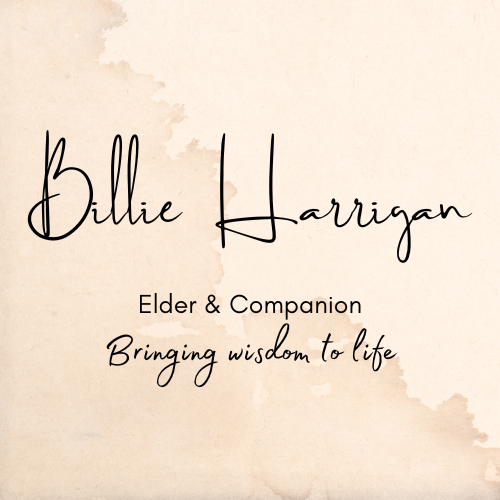Caesarean prevention
Caesarean surgery is a life saving intervention that has changed the course of human history. In an effort to ensure that all mothers and babies receive the best care, the World Health Organisation has suggested that impoverished nations would save more lives if the caesarean rate rose above 5% across the whole birthing population. They also recognise that in wealthy nations, when the caesarean rate rises above 15% more mothers and babies will die from the complications of surgery than are potentially saved.
In a country where the caesarean rate is about double what the World Health Organisation suggests should be the upper limit, it's hard to know if the surgery you and your baby received saved your lives or was perhaps unnecessary.
While caesarean surgery is a terrific option for pregnant mothers with physical or other reasons, there still remains the need to confront the potential for complications from excessive surgery. This workshop offers evidence-based information to inform parents and professionals on reasonable and safe options to lessen the potential for needing surgery.
understanding the risks
Surgery is not benign. The benefits can definitely outweigh the risks but it's also important to know the risks. Aside from the immediate risks of surgery, the baby may experience life-time consequences, perhaps from an altered seeding of its microbiome. The mother may be at increased risks for placental or other gynaecological problems in the future or for future pregnancy loss. Understanding the risks is part of becoming an informed consumer and an informed patient. Far from inciting fear, this workshop addresses the science in a rational and reasoned manner that allows you to digest the information so that your decisions come from a place of confidence.
reasons for surgery & lessening the likelihood it will be needed
There are 10 primary reasons for caesarean surgery. This workshop explores each of those 10 scenarios and follows the research to discover what strategies, if any, can lessen the possibility that surgery will be needed to correct the situation or to save the mother or baby from a potentially problematic outcome. Many of those scenarios benefit from preventive strategies that improve pregnancy wellness and optimise pregnancy physiology to allow for the best possibility for a physiologic birth, if the mother so desires. Parents will feel encouraged and empowered to act on the information that works towards the best outcome for their family.
inductions - following the science
When the circumstances dictate it, an induction can be the best choice to protect your precious baby and bring her earthside as quickly as possible. Yet, when up to 40% of all births are induced, with being near your "due date" as the primary reason, perhaps this needs closer examination. What does the science say about inductions? When is an induction a wise choice according to the evidence and how might the risks for surgery be lessened? These are critical questions that will be explored and answered as we set aside the fear and unpack the science. You'll understand why inductions can protect your baby and why they come with risks that need to be evaluated and measured. With a clearer understanding of the information you can make choices that are best for you and your baby.
“Since beginning my doula training in 2012, I have had the opportunity to attend multiple lectures offered by Billie Harrigan, during which she has covered topics such as VBAC, undisturbed birth, normal birth physiology, and nutrition. Each time, I come away from her talks blown away by new information which I hadn’t known before! Each time, I gain new knowledge and perspectives which have helped me tremendously in supporting my clients and teaching my students. I would highly recommend her thorough, research-based, lectures and workshops to every parent and doula.” ~ Samantha, MA, Certified Birth Doula, international doula trainer ”



